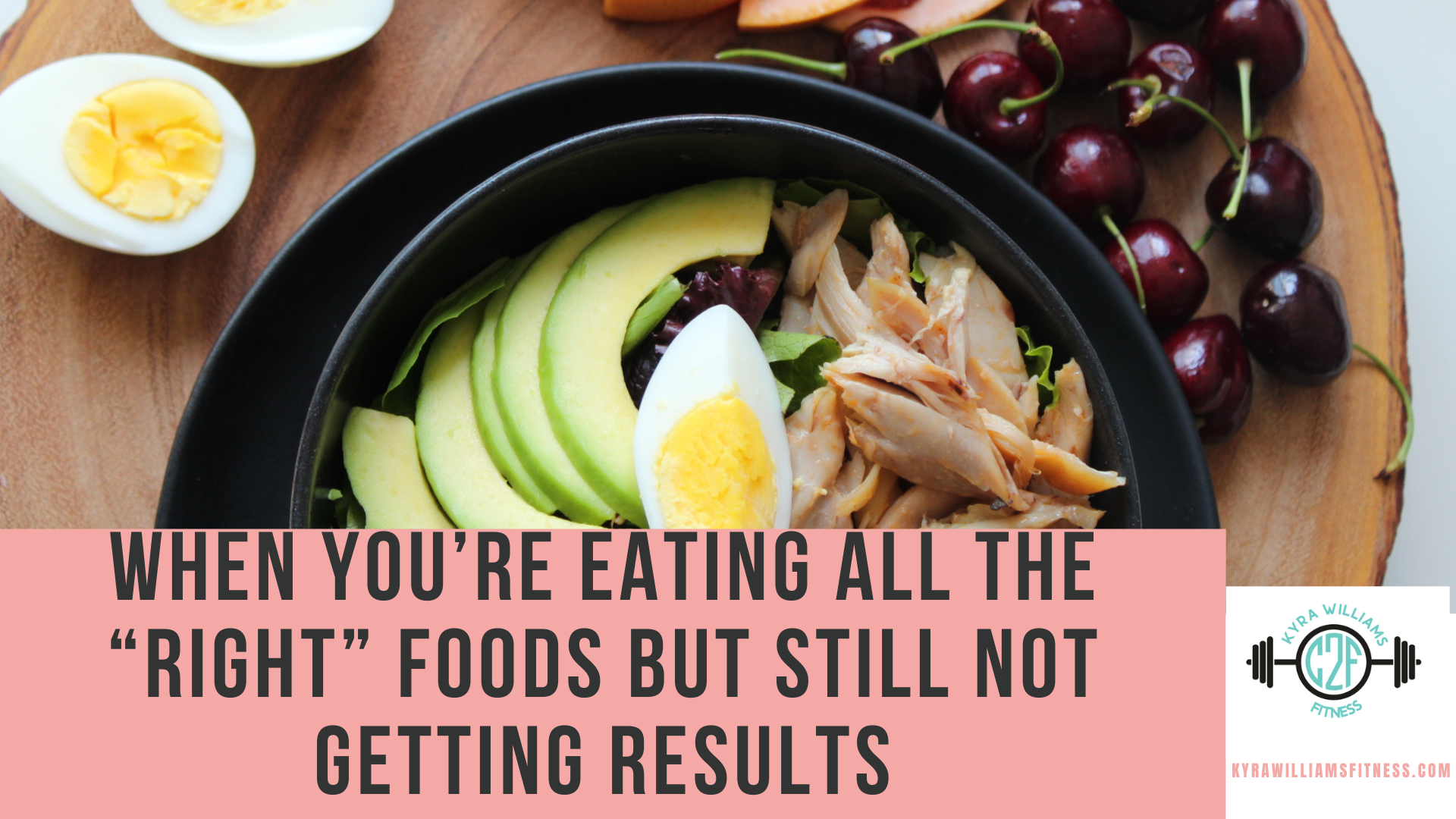Have you ever wondered why even when you’re eating all the “right” foods, you might still feel sluggish, bloated, or just not seeing the fat loss results you’re working so hard for?
Well, part of the problem might actually be what’s happening before the food even gets to your plate—thanks to the way the farming industry and food production have changed over the years. Let’s dig into why that matters, especially for our health and fat loss goals.
1. The Hidden Problem: Nutrient Depletion
You could be eating your daily servings of fruits and veggies, but if they’re grown in nutrient-depleted soil (which is common in industrial farming), you’re not getting the same vitamins and minerals you think you are. Modern farming methods like monocropping strip the soil of important nutrients, leaving the produce less nutritious than it was a few decades ago.
This matters when it comes to fat loss because nutrients like magnesium, iron, and zinc play huge roles in your metabolism. If your body is running low on these, it can make fat loss harder. For example, magnesium is crucial for energy production and stress management. If you’re low on it, your energy might tank, and stress levels could rise, making your body hold onto fat instead of burning it.
2. Chemical Overload: Pesticides and Fertilizers
Here’s something not everyone talks about: the fruits, vegetables, and even meats from industrial farming often come with a side of pesticides, herbicides, and synthetic fertilizers. These chemicals help increase crop yields and protect against pests. Unfortunately, they also leave residues on your food, which you end up eating. Over time, this can mess with your hormones, metabolism, and overall health.
Hormonal balance is key for fat loss, especially for women. Exposure to these chemicals can lead to hormonal disruptions that throw off your body’s natural balance. This makes it harder to shed fat. Plus, toxins from pesticides add stress to your liver, which is responsible for detoxifying your body and processing fat. If your liver’s overworked, fat loss can come to a standstill.
3. The Processed Food Problem
Processed foods are another big issue that comes from the industrial farming system. Cheap crops like corn and soy are mass-produced and turned into processed foods. Think chips, sugary cereals, and all those “convenience” snacks. These foods are stripped of their nutrients, packed with unhealthy fats, and loaded with sugar. Eating these regularly can cause insulin resistance, making it even harder to lose fat.
From a fat loss perspective, the more processed food you eat, the more likely you are to have blood sugar spikes, cravings, and inflammation—none of which are good for your metabolism. If your body is inflamed and your insulin levels are all over the place, you’ll find it nearly impossible to lose fat effectively.
4. Antibiotics in Meat
If you’re focusing on high-protein meals for fat loss, you want to make sure that the meat you’re eating is helping—not hurting—your progress. In industrial farming, livestock are often pumped with antibiotics to prevent disease in overcrowded environments. The problem is that these antibiotics can lead to antibiotic-resistant bacteria and affect your gut health.
A healthy gut is crucial for fat loss. Your gut microbiome helps regulate everything from digestion to hormone production. When it’s out of whack due to antibiotics, it can slow your metabolism, increase inflammation, and mess with hunger hormones. When these hormones, leptin and ghrelin, are out of whack you will be hungrier and less likely to burn fat.
5. Lack of Food Variety
Have you ever noticed that industrial farming focuses on a small number of crops? Corn, soy, and wheat are the big ones. This lack of variety trickles down into our diets too. If you’re eating the same foods over and over (and especially if they’re highly processed foods), you’re not getting the diverse nutrients your body needs to function at its best.
Variety is key for overall health, including fat loss. Different foods provide different nutrients that support your metabolism, muscle recovery, and hormone balance. When you’re eating a wide range of whole foods you’re setting your body up for success. Focus on foods like leafy greens, colorful veggies, lean meats, and healthy fats.
What Can We Do About It?
So, what can we do to fight back against the downfalls of industrial farming, especially if we’re focused on health and fat loss? First, start by choosing whole, organic foods whenever you can. Organic farming tends to use healthier soil, fewer pesticides, and raises animals without antibiotics or growth hormones.
Also, focus on variety. Try adding in more locally sourced or seasonal foods to get a range of nutrients. Eating foods that come from nutrient-rich soil and haven’t been over-processed will support your fat loss goals. They also give your body what it needs to thrive.
The modern food system has made some big changes, but not all of them are for the better. Between nutrient depletion, chemical exposure, and the rise of processed foods, it’s easy to see why so many of us struggle with both our health and fat loss. But by making mindful choices about the foods we eat, we can support our bodies, improve our fat loss results, and feel better overall. After all, the quality of what you’re putting into your body will determine the quality of what you get out of it!
If you feel overwhelmed and need help making changes necessary to help you get results, consider working together!
Contact me here and let me help you!
This can be challenging and stressful, but I can be there to support and guide you along the way making the results come much easier!
